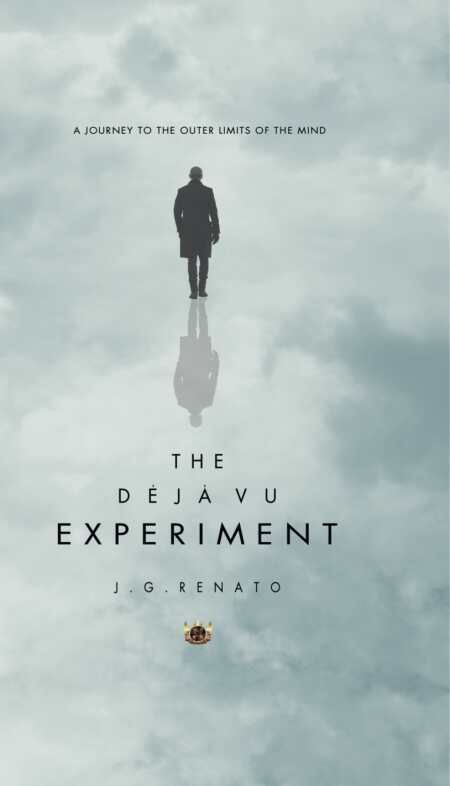
The Deja Vu Experiment
A Journey to the Outer Limits of the Mind
- 2014 INDIES Finalist
- Finalist, Body, Mind & Spirit (Adult Nonfiction)
Renato manages to be metaphysical while also remaining lighthearted and fun for a book that explores the nature of existence.
In The Déjà Vu Experiment, a brief and beautifully presented metaphysical minimemoir, J. G. Renato attempts to uncover the deeper meaning behind that often disconcerting déjà vu we’ve all experienced at some time or other. He skillfully uses this sense of stepping out of one plane of reality and seeing things from a different perspective to explore the whole nature of being, presence, and existence. Most crucially, he poses the thorny question of how spiritual phenomena can fit within a world obsessed by rationality and tangible productivity.
The author chronicles many abstract metaphysical concepts—an area that runs the risk of losing all but the most devoted fans of esoterica. Yet, by anchoring abstract metaphysical concepts solidly in the turning points of his life—including his decision to turn his back on a successful career as an engineer and designer—Renato keeps us turning the pages with avid interest.
The prompts on his road to self-discovery are a strong childhood recollection of slipping out of time when staring at the lettering on a grain elevator, and his love for a widowed waitress who teaches him to overcome his self-imposed stumbling blocks of proof, evidence, and demonstrable fact. In a few concise, heartfelt paragraphs, his sweetheart Diana comes winningly to life and Renato conveys a rounded and complex sense of her charm. He also skillfully distinguishes Diana the love object from the spiritual teacher—a woman who has had a hard life, not least of which includes the brutal loss of her husband at an early age.
The narrative blends diverse topics ranging from the French deconstructionists to his father’s midwestern auto-repair shop, a feat of accomplished storytelling that could seem clumsy and contrived in less able hands. Throughout, Renato warns readers of the dangers of trying to reduce human experience to facts and figures. By doing so, we may miss the vital realization that the truth is to be found in the lacunae—or unexplored gaps that lie at the outermost edges of our knowledge. With his academic physics training and spare writing style, Renato gracefully communicates the essentials of quantum physics to the uninitiated without getting bogged down in arcane academic references. He acknowledges that language is a problem in describing fleeting philosophical concepts, but what will strike the reader is not just the clarity of Renato’s thoughts. It’s the ease and grace with which he expresses them.
This poetic, thoughtful read will appeal to those interested in the mystical. The key achievement of this slight volume is managing to be metaphysical while remaining lighthearted and fun. Particularly appealing are the inclusion of “perception exercises” that contrast our concept of our body parts with that of the architecture around us. Like Alice’s Adventures in Wonderland—which he references frequently—there is deceptively more to this charming tale than might at first meet the eye.
The Déjà Vu Experiment pays tribute both to the accomplished and intelligent engineer Renato was—modesty might prevent him from describing himself as such—and to the sage he has become. Reading this charming tale explains how a subtle shift in perspective is perhaps all it takes for us to recognize the most important elements at the heart of our being.
Reviewed by
Seamus Mullarkey
Disclosure: This article is not an endorsement, but a review. The publisher of this book provided free copies of the book and paid a small fee to have their book reviewed by a professional reviewer. Foreword Reviews and Clarion Reviews make no guarantee that the publisher will receive a positive review. Foreword Magazine, Inc. is disclosing this in accordance with the Federal Trade Commission’s 16 CFR, Part 255.
